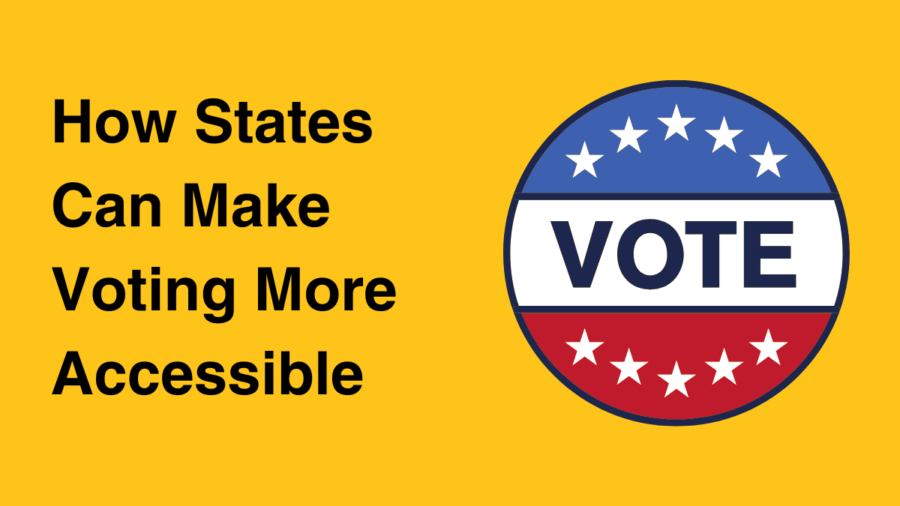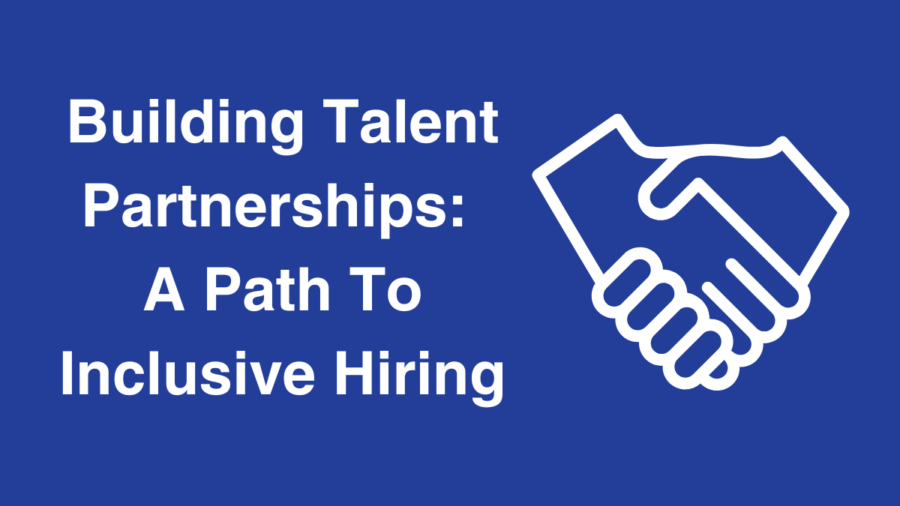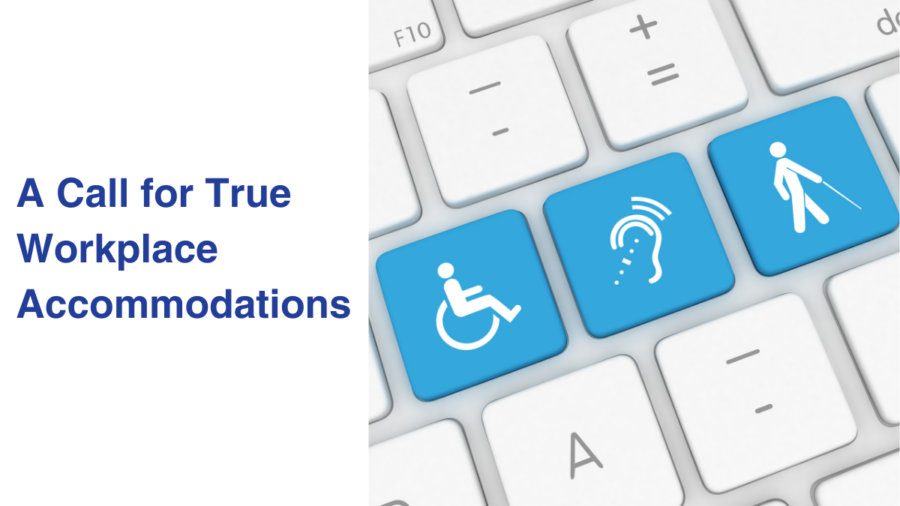For tens of thousands of Americans with disabilities, working a full day for less than a dollar an hour is a harsh reality. But it’s one that we have the power to change.
The Transformation to Competitive Integrated Employment Act (TCIEA) H.R.1263 and S.533 is a landmark piece of legislation that aims to create a more equitable workforce for people with disabilities. Its primary goal is to end the outdated practice of paying subminimum wages to persons with disabilities through sheltered workshops that operate under Section 14 (c) of the Fair Labor Standards Act. This provision allows employers to obtain a 14(c) certificate, permitting them to pay workers with disabilities less than the federal minimum wage.
Sheltered workshops often isolate disabled people from the rest of the workforce. According to a 2023 U.S. Government Accountability Office (GAO) report, more than half of these workers earn less than $3.50 per hour, with some making as little as $0.25 per hour. This practice affects approximately 42,000 persons with disabilities across the United States. The TCIEA seeks to change this by creating pathways for persons with disabilities to transition into competitive, integrated employment, where they can receive equal pay and access real opportunities for job development, training, and career advancement. [continue reading…]


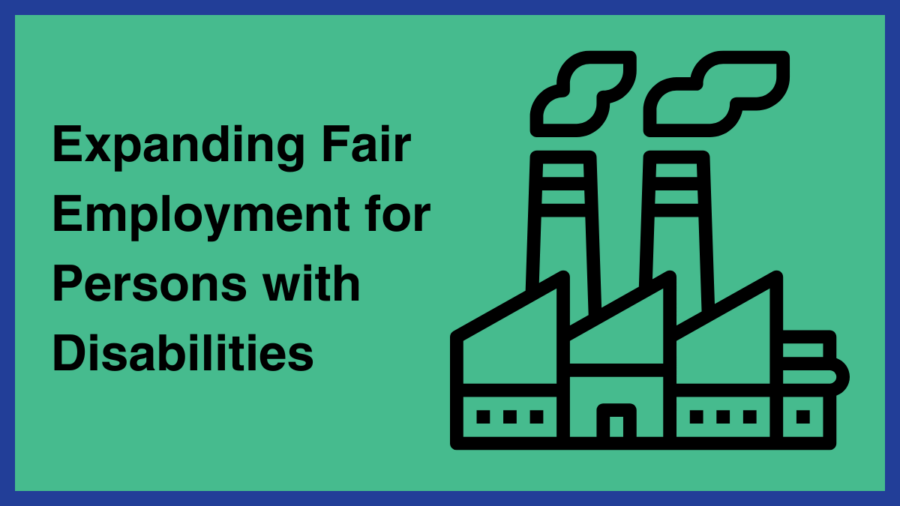
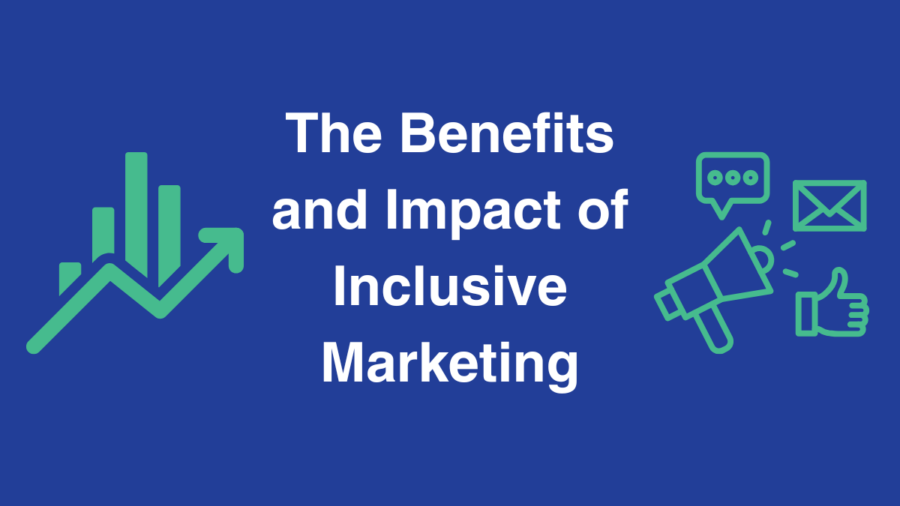
 Companies are constantly trying to reach their target audience through emails, text messages, TV commercials, social media posts, and targeted ads that pop up on our screens. As a society, we are flooded with marketing messages, but what sets inclusive marketing apart?
Companies are constantly trying to reach their target audience through emails, text messages, TV commercials, social media posts, and targeted ads that pop up on our screens. As a society, we are flooded with marketing messages, but what sets inclusive marketing apart?

 Writer, actress, director, and producer (sometimes all at the same time), Rachel Handler is a powerhouse. She has a special way of packing a punch with her narrative shorts — most of which are under six minutes long — by providing windows into experiences that are normal to some but never before thought about by others.
Writer, actress, director, and producer (sometimes all at the same time), Rachel Handler is a powerhouse. She has a special way of packing a punch with her narrative shorts — most of which are under six minutes long — by providing windows into experiences that are normal to some but never before thought about by others.
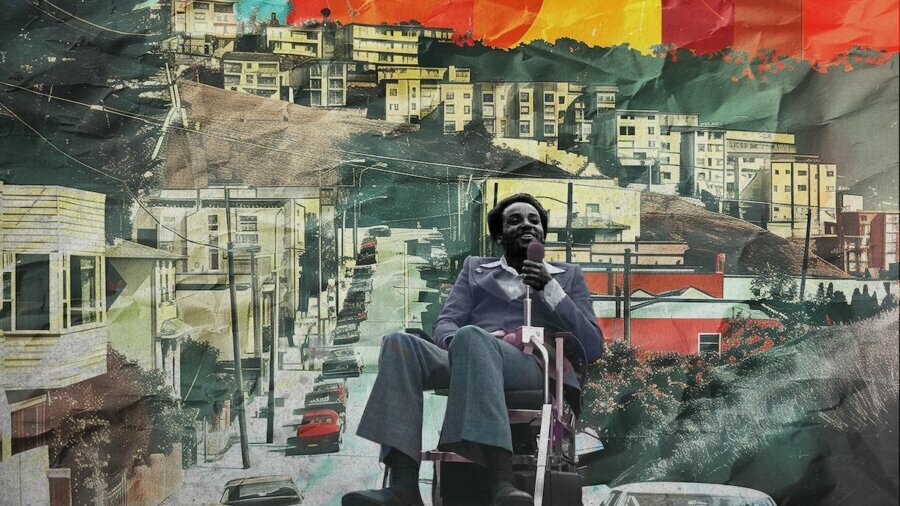
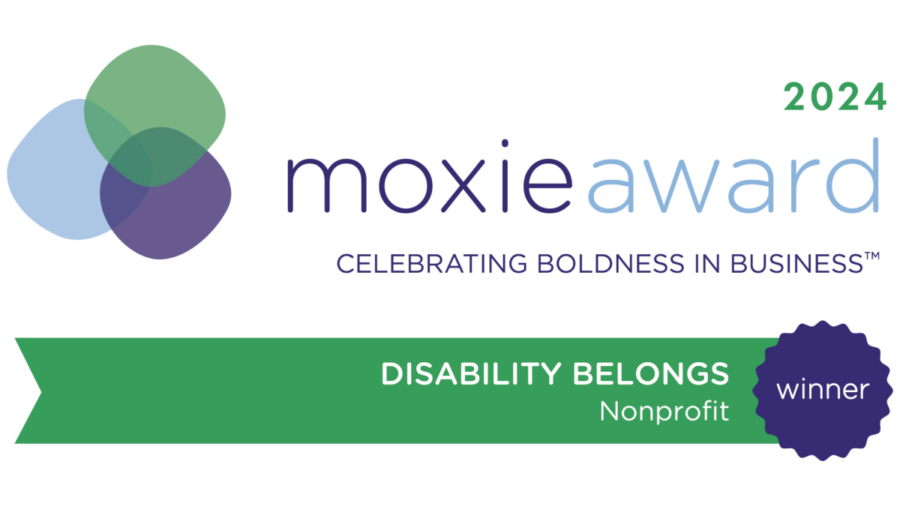
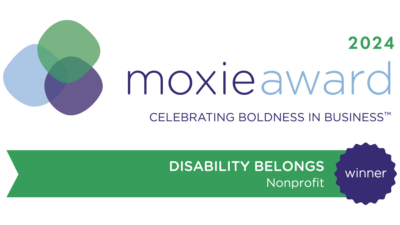 Washington, D.C. – Disability Belongs™ is the proud recipient of the 2024 Moxie Award in the nonprofit category. The Moxie Awards recognize organizations that are “innovative, fearless, and willing to embrace risks.”
Washington, D.C. – Disability Belongs™ is the proud recipient of the 2024 Moxie Award in the nonprofit category. The Moxie Awards recognize organizations that are “innovative, fearless, and willing to embrace risks.”